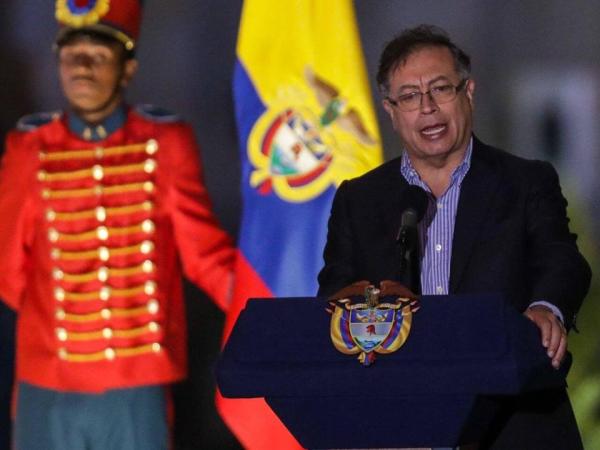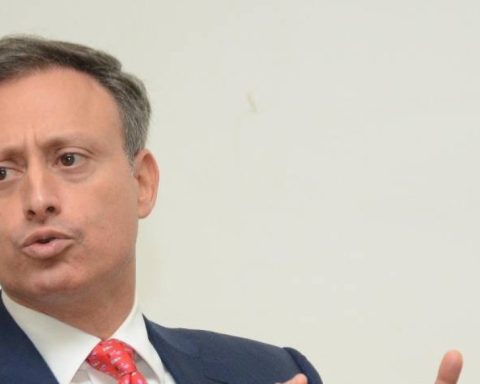Fitch Ratings also joined the discussion on the relevance of President Gustavo Petro temporarily assuming the regulation of public services, especially that of electrical energy in order to find solutions to the high rates that are being registered.
(Read: Concepción Baracaldo resigns from the leadership of the ICBF).
“Regulatory proposals designed to curb inflation in energy markets could weaken utility companies’ profitability by avoiding price increases to offset rising production costs.No,” he warns.
In addition, the rating agency ensures that energy prices could be higher if investments for increasing generation capacity does not rise along with the growing demand in the country.
“The lack of an independent regulatory framework with a rate setting process that does not follow technical considerations to remunerate capital investments, administration, operation and maintenance expenses and a fair return on capital could undermine investor confidence and compromise the necessary expansion of the system, as well as the quality of the service”, are other warnings issued by Fitch Ratings.
The agency forecasts that Colombia’s electricity demand will grow by 1,500 GWh (approximately 2 percent), in addition to the growth of 2,500 GWh last year.
This implies that 1 GW of capacity is needed each year to meet the increase in consumption, without putting additional pressure on energy prices.
Fitch Ratings also highlights that the independence of the Energy and Gas Regulation Commission (Creg) from government interventions has been a key factor supporting strong credit profiless from qualified utility companies.
Likewise, it says that the regulatory framework has supported stable and predictable cash flows for market participants, which has improved access to capital, has allowed to increase coverage and improve the quality of service in the country.
(Read: Former Vice Minister of Labor criticized the pension reform).
“A material structural change in the electricity regulatory environment due to political interference remains a concern for electricity generation, distribution and transmission companies, and, indirectly, for natural gas and water distribution companies.“he adds.
Majority of the Government in the Creg
Unions of the electricity sector also state that it is not necessary for President Gustavo Petro to resume regulation, since in the next few months it could have the majority of votes within the Creg for any measure that is wanted to be taken.
Decisions in the Creg are made by the ministers of Finance (José Antonio Ocampo) and of Mines and Energy (Irene Vélez), as well as the director of the National Planning Department (Jorge Iván González).
Six commissioned experts also have a voice and vote, but José Fernando Prada -current executive director- expires his term in the entity in July of this year, so it is up to President Petro to name his replacement.
(See: The gross debt of the National Government closed 2022 at 64.1% of GDP).
Jorge Valencia’s term expired in November 2022, but he has not retired yet because he is waiting for the person who will occupy his position to be chosen, while the appointment of Andrés Barreto -of last August 2- was annulled by the Council of State.
As for Sara Vélez, who took office on August 5, 2022, the Council of State provisionally suspended the effects of the act of her appointment, but she has not left the entity because there are pending issues in this process.
With this scenario, President Petro could thave in their hands the appointment of four expert commissioners of the Cregbecause in front of those of Luis Julián Zuluaga and Natasha Avendaño there is still no objection.
Additionally, it is important to note that the sessions of the Creg are chaired by Minister Irene Vélez and, therefore, cannot be carried out without his presence. In addition, no regulation can be approved if it does not have a vote in favor of one of the representatives of the National Government.
WEATHER – ECONOMY
















